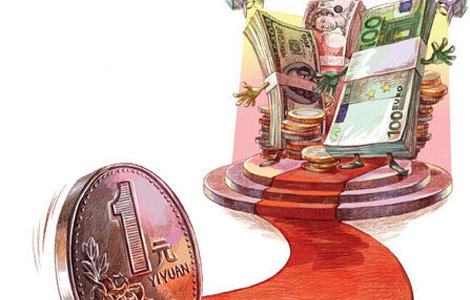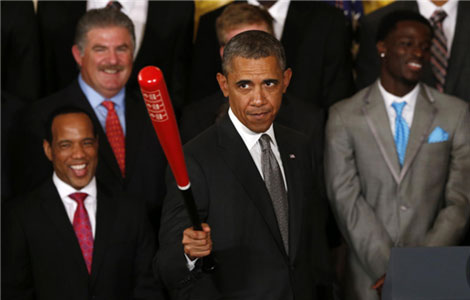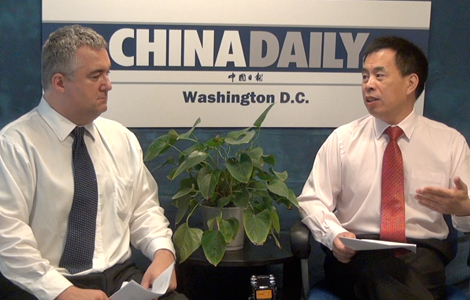'Home prices to continue to increase'
Updated: 2013-07-25 06:36
By Zheng Yangpeng (China Daily)
|
||||||||
An important reason is that China's property market didn't warm up significantly until the second half of last year. Thus, the first-half base of comparison is lower than that for the second half, according to He Tian, head of research at the China Index Academy.
Another factor is property tax, a long-anticipated move to rein in housing prices that is expected to be imposed in more cities beyond the pilot sites of Shanghai and Chongqing.
Given the moderate outlook for the second half of the year, most analysts said further tough curbs are less likely to be announced by the central government.
Analysts said current policies, mainly administrative measures, do not align with the "market-oriented" reform the new leadership is pushing. Further, they noted, GDP growth in the second quarter slowed to 7.5 percent and is expected to dip further in the third quarter.
Thus, the central government will be very cautious about further steps to cool the property sector, which has proven to be very effective in shoring up the broader economy when the manufacturing sector is weak.
'Long-term' view
As home prices are still under upward pressure, talk of establishing a "long-term" stabilization mechanism is gaining momentum.
According to the Economic Observer, a domestic weekly, China has in the past 10 years adopted 43 "property market adjustment" policies. Nonetheless, prices rose steadily during that period. An NBS survey found that in the past decade, housing prices increased at an annual rate of 16.1 percent.
Li Zhanjun, chief researcher with the Beijing China Property Research Association, said policymakers should reflect on the adjustment policies pursued over the past 10 years.
"Policies in the past decade were characterized by curbing supply and demand. But the efforts were not followed up at the local government or industry level," Li said.
Li said, local governments, banks and developers were very innovative in finding ways to circumvent the regulations.
For example, though the central government in March clearly mandated a 20 percent capital gains tax on pre-owned home sales, most local governments, whose fiscal revenue heavily relies on the property market, avoided stipulating measures on the capital gains tax in follow-up announcements.
He Tian said the long-term approach should also include monetary policy and land policy, which offer approaches that are very effective in reining in prices.
A tightening of monetary policy will immediately curb developers' cash flows, while allowing rural land to be traded in the market will greatly ease tight supply conditions.
Property tax, another market-oriented policy, won't really be effective unless it is also levied on houses held in inventory. But that seems unlikely in the near future, according to He.
Some recent signs also point to the formation of the market-oriented mechanism. A series of articles published by the Xinhua News Agency called for a lifting of the ban on property developers' normal financing activities.
In April 2010, the State Council ordered the China Securities Regulatory Commission to suspend approvals for listing, refinancing and major-asset restructuring proposals by developers holding idle land plots or participating in housing speculation.

 Death toll in Spain train crash rises to 56
Death toll in Spain train crash rises to 56
 Royal baby named George Alexander Louis
Royal baby named George Alexander Louis
 'The Grandmaster' takes center stage
'The Grandmaster' takes center stage
 Fewer Chinese consumers picking Apple's iPhone
Fewer Chinese consumers picking Apple's iPhone
 Yuan: Financial capitals vying for top spot
Yuan: Financial capitals vying for top spot
 Little princes and princesses
Little princes and princesses
 Obama lauds Louisville in White House visit
Obama lauds Louisville in White House visit
 PLA special forces hold military contest
PLA special forces hold military contest
Most Viewed
Editor's Picks

|

|

|

|

|

|
Today's Top News
Bo indicted for bribery, corruption and power abuse
Snowden's hopes of leaving airport dashed
US extends review of Shuanghui, Smithfield merger
'Few hundred' at Manila anti-China rally
Obama, Congress both losing public support
Abe seeking to 'contain' Beijing
Li points way for railways reform
VP visits Pyongyang for 60th truce anniversary
US Weekly

|

|






